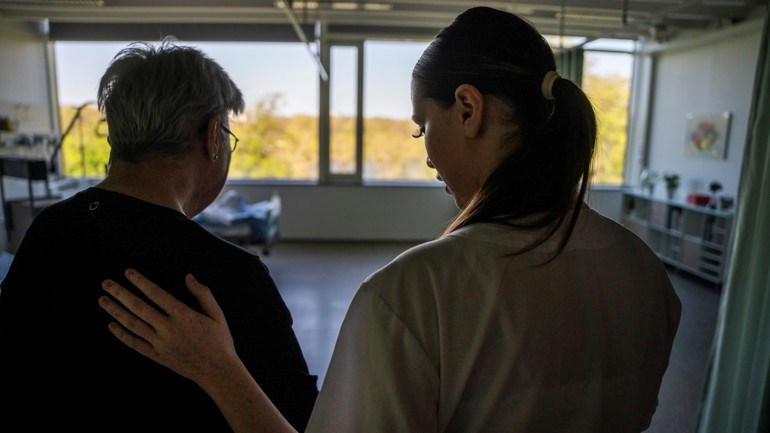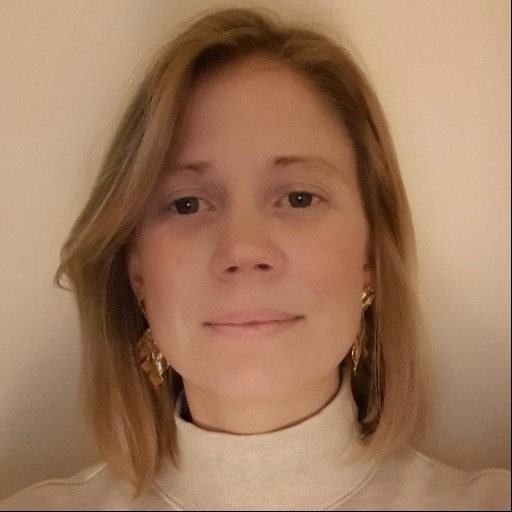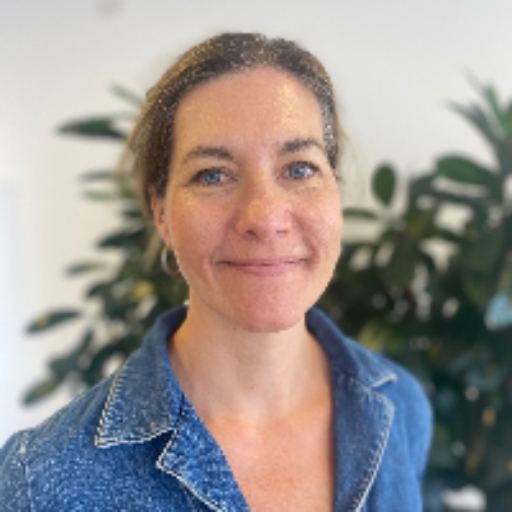We use cookies on this website. Cookies help us deliver the best experience on our website. Read about cookies.
-
- Education
- Education
- Programmes and courses
- Applications and admissions
- Tuition fees
- Scholarships
- Exchange studies at Malmö University
- Study Guidance
-
- After admission
- After admission
- Moving to Malmö
- Pre-orientation
- Arrival guide
-
- About studies at Malmö University
- About studies at Malmö University
- Why choose Malmö University
- Understanding university studies
- Connect with our students
On the page -
- Research
- Research
-
- Doctoral studies
- Doctoral studies
- Doctoral courses
-
- Doctoral schools
- Doctoral schools
- Adaptation of urban space through sustainable regeneration
- ComBine
- Culturally Empowering Education through Language and Literature
- Education, Learning and Globalisation
- Finding ways in a time of great future challenges (FinnFram)
- Swedish National Graduate School in Science and Technology Education Research
- Learning in Multicultural Societal Contexts
- Pedagogy and Vocational Skills
- Relevancing Mathematics and Science Education (RelMaS)
- Sustainable Movement Education
- The National Research School for Professionals in Social Services
- Research subjects
-
- Research centres
- Research centres
- Biofilms Research Centre for Biointerfaces
- Citizen Health
- Imagining and Co-Creating Futures
- Institute for Urban Research
- Malmö Institute for Migration Studies
- Literacy and Inclusive Teaching
- Centre for Work Life Studies
- Sustainable Digitalisation Research Centre
- Centre for Sexology and Sexuality Studies
-
- Research publications
- Research publications
- Search for research publications in Diva
- Malmö University Press
- Research events
- Participate in a research study
- Coffee Break Quiz
On the page -
- Collaboration and Innovation
- Collaboration and Innovation
-
- Levels of collaboration
- Levels of collaboration
-
- Local collaboration
- Local collaboration
- Muvah
- Regional collaboration
- National collaboration
-
- International collaboration
- International collaboration
- UNIC
- Innovation
- Collaboration with students
-
- Collaborate with researchers
- Collaborate with researchers
- Labs and facilities
- Culture collaboration
- Support Malmö University
- Alumni & Friends
On the page -
- About us
- About us
-
- Faculties and departments
- Faculties and departments
-
- Faculty of Culture and Society
- Faculty of Culture and Society
- Department of Global Political Studies
- School of Arts and Communication
- Department of Urban Studies
-
- Faculty of Education and Society
- Faculty of Education and Society
- Department of Childhood, Education and Society
- Department of Sports Sciences
- Department of Culture, Languages and Media
- Department of Natural Science, Mathematics and Society
- Department of Society, Culture and Identity
- Department of School Development and Leadership
- The Centre for Teaching and Learning (CAKL)
-
- Faculty of Technology and Society
- Faculty of Technology and Society
- Department of Computer Science and Media Technology
- Department of Materials Science and Applied Mathematics
- Faculty of Odontology
- University Dental Clinic
-
- Find and contact Malmö University
- Find and contact Malmö University
- Visit Malmö University
-
- News and press
- News and press
- Graphic manual
- Map of the buildings (Google Maps)
- Merchandise
- Supplier information and invoice management
- Whistleblowing
- We will help you with your questions
- Management and decision-making paths
-
- Malmö University's strategy 2030
- Malmö University's strategy 2030
- Sustainability
- Widened recruitment and participation
- Quality assurance work at the University
-
- Malmö Academic Choir and Orchestra
- Malmö Academic Choir and Orchestra
- Student work – video pieces
-
- Annual Academic Celebration
- Annual Academic Celebration
- Academic traditions
- Meet our new professors
- Meet our new doctors
- Honorary doctors
-
- The University in a troubled world
- The University in a troubled world
- Campus total defence
On the page
Cancer also affects family members – prompting new model for tailored support

A new thesis has developed a model for supporting family members.
A cancer diagnosis is hard for the person affected, but family members also need to be considered and supported. In a new thesis, Maria Samuelsson has developed a model for how relatives of patients with colorectal cancer can be helped with the trauma.
"In my work I have seen how family members can be affected; it can lead to stress-related illnesses, sick leave and reduced ability to manage everyday life. That is why it was interesting to develop a model for caregiver support that can be used in health care," says Samuelsson.
It is important that family members are encouraged to express their own support needs.
Maria Samuelsson
In her thesis work, she began by taking stock of the support models that already exist. This revealed that current frameworks focus only on the relatives in their caring role or are too resource and time consuming. In different sub-studies, she interviewed contact nurses and family caregivers about their experiences of family caregiver support and what needs exist.
She concluded that there is a need for interventions that are specifically targeted at family caregivers as individuals.
"We need to rethink support for family members; we need to find a model for the sake of the relatives themselves, not just indirectly because relatives are important for supporting the person who is ill.”
During the process, contact nurses were consulted on which methods are practically applicable. According to Samuelsson, prevention and follow-up are important focuses.
“The model developed focuses on preparing family members not only for the disease and treatment, but also for their own cancer experience. It is important that family members are encouraged to express their own support needs. One recommendation is also that there is the possibility of support even after the end of treatment to be able to take care of the needs that remain.
Samuelsson hopes her research could be widely utilised:
“I am now planning to evaluate the implementation and impact of the model together with contact nurses, patients, and family members. My studies have been done in the context of colorectal cancer patients, but it could be adapted for use in other settings as well.”
Share Article

